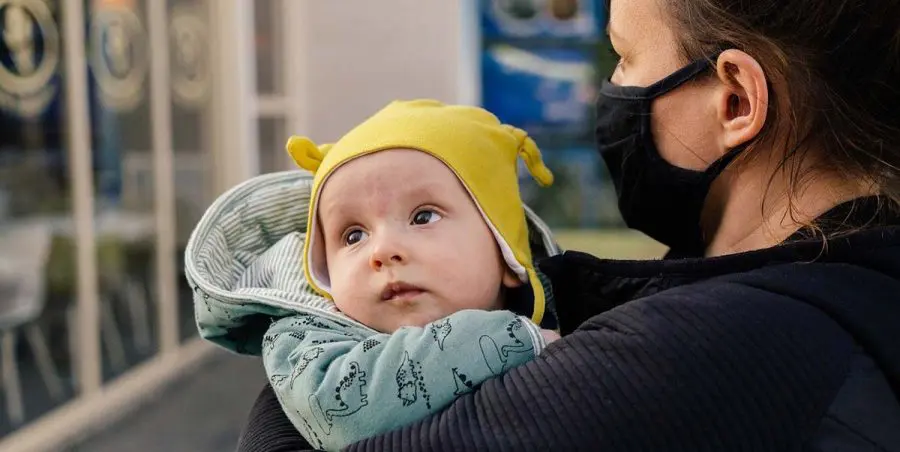Office of Respondent Parents’ Counsel: Promoting Steps 1 and 2 of Building Evidence
The Colorado Lab is partnering with the Office of Respondent Parents’ Counsel (ORPC) to build evidence for their model of interdisciplinary team representation. Interdisciplinary team representation pairs an attorney with a social worker or parent advocate to address root causes of child welfare involvement, promote long-term family strengthening, and protect the fundamental right to parent. […]








